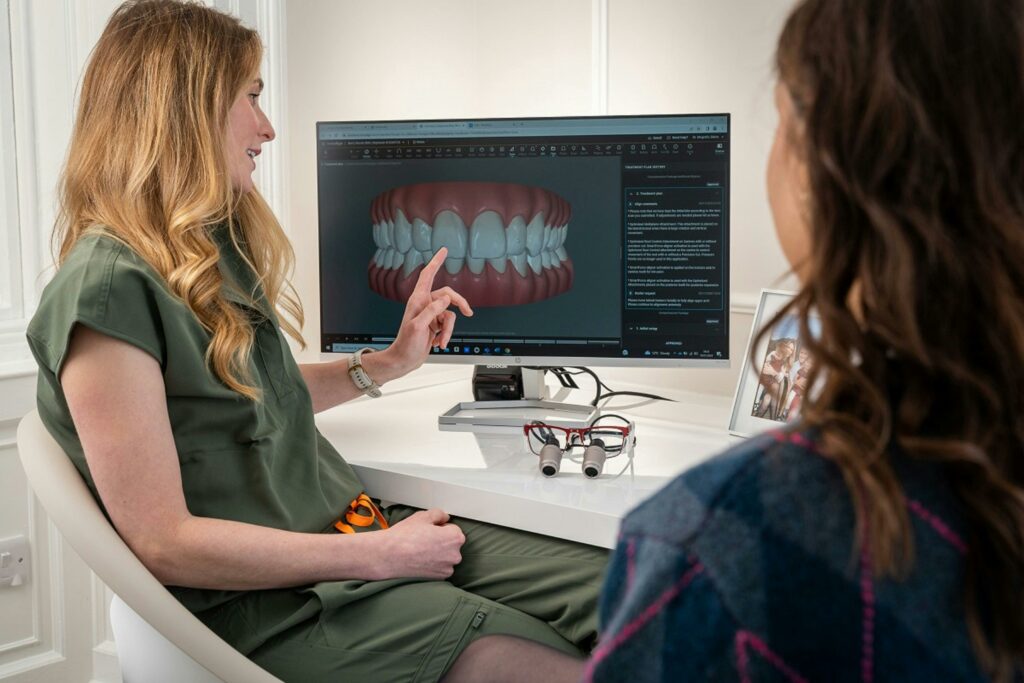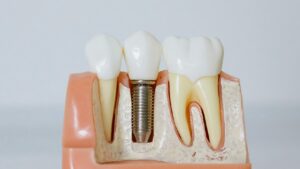Affordable Dental Implants for Seniors in the U.S.
Seniors can get reasonably priced dental implants more easily than before. From knowing actual costs to applying senior discounts, investigating Medicare possibilities, and locating affordable providers near your locality — this article outlines how to negotiate the implant procedure without going over budget. Seniors can have a confident smile and be financially comfortable with the appropriate knowledge and questions.

Dentures or Implants: Which Triumphs for Seniors
It’s the wonderful argument! While implants endure a lifetime and spare you from sticky adhesives and mid-meal changes, dentures are less expensive initially. Furthermore, implants help to preserve your jawbone; dentures may really hasten bone loss with time. Some seniors choose a hybrid—mini implants or implant-supported dentures—if money is tight for a middle-ground solution that is both stable and reasonably priced.
Know the Actual Cost of Implants
Offering stability and durability, dental implants are surgically fastened tooth replacements, not dentures. The typical cost per implant in the United States, nevertheless, might vary from $3,000 to $6,000. That’s the reason knowing what influences the price—like materials, surgery expenses, and imaging—is fundamental. While some clinics list every expense, others group charges. To prevent shocks, always ask for a complete breakdown.
Make use of senior discount programs
Many clinics provide elders unique discounts. Through supervised student programs, certain community health facilities and dental schools offer implant services at lower prices. Though it would take a little longer, the savings could be considerable. Also, inquire about sliding scales depending on income or payment plans—these are more prevalent than many people realize.
Investigate Supplemental Coverage & Medicare
Though it doesn’t imply you’re out of choices, traditional Medicare normally excludes dental implants. Certain Medicare Advantage (Part C) plans have restricted dental perks. Supplemental dental insurance or discount dentistry plans could also help to lower out-of-pocket expenses. Just be sure to read the fine print; some policies only cover fundamental treatment or call for waiting periods.
Make Use of Location
Where you reside affects implant pricing greatly. While smaller towns might provide the same treatments for less, urban clinics usually charge more because of greater overhead expenses. Look for dental implant facilities outside of big cities or think about regional dental tourism inside the United States; many seniors travel within-state to save thousands without sacrificing quality.
Before you make a commitment, ask the appropriate questions.
Prepare a list of necessary questions first; then select a supplier. What is covered in the estimate? Are bone grafts or follow-ups additional? How seasoned is the surgeon? If one is offered, ask for a free consultation; feel free to compare prices. A good clinic will be open about costs and expectations.
Final thoughts
U.S. seniors may afford dental implants; all they want is the correct approach. You may discover a smile solution that suits your budget and way of life by studying local providers, using discount programs, and knowing your insurance alternatives. You deserve to grin free of financial pressure, so take the time to investigate your possibilities.







